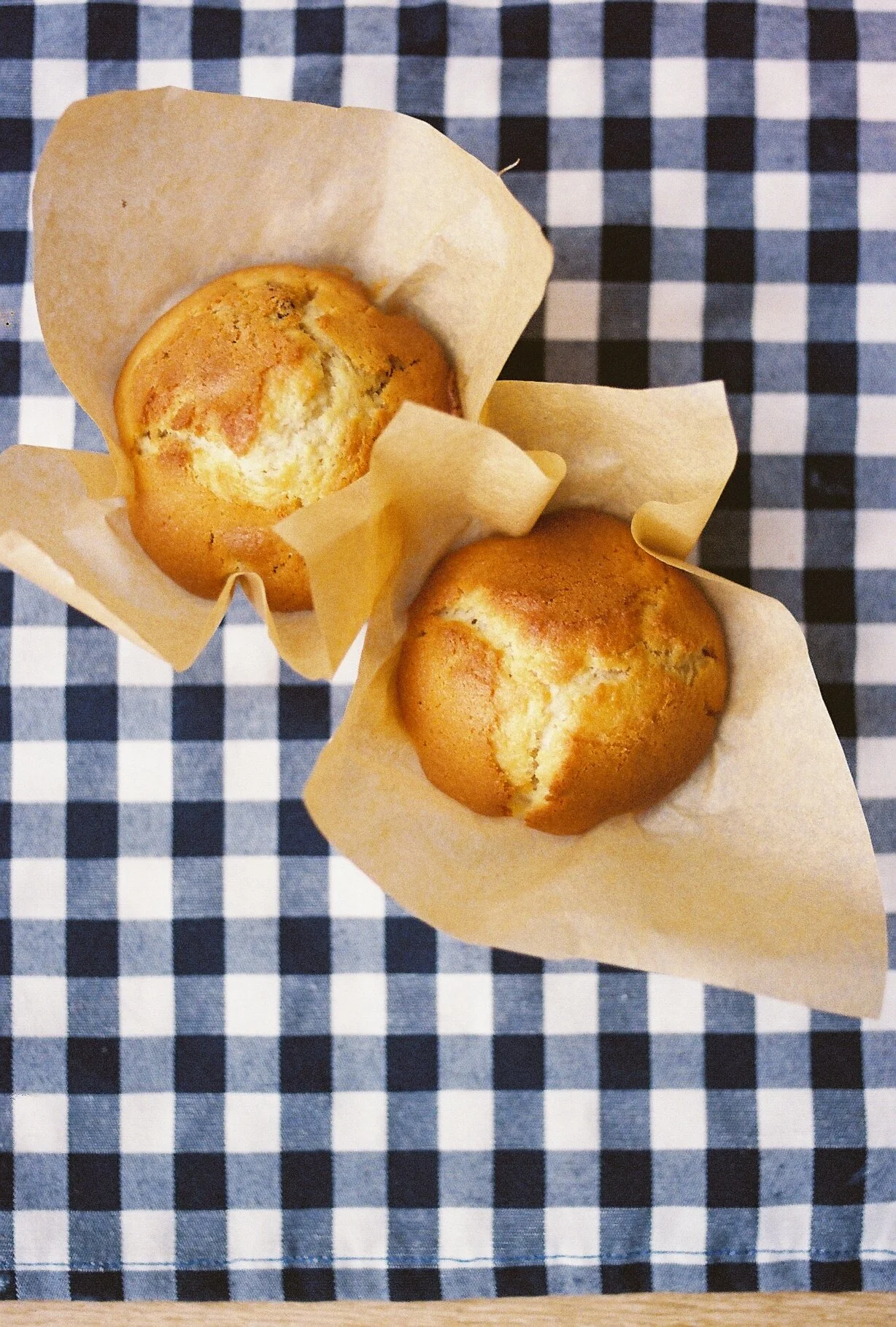Gloria
Lives: Presteigne, Wales
Born: CÚCUTA, Colombia, 1950
Mother tongue: Spanish
Grandchildren: Paloma, Santiago
They call her: Abuela
I was a teenager when I first made this dish. I went to Bogotá in search of a different life and I went on my own. I was seventeen years old and it was actually quite a scandal in my family because at the time, people stayed with their family until they married. I on the other hand, had started saving to leave home when I was 11 years old.
It surprises me that I managed to deal with all the dangers of the city when I was so tiny. I got a little room in a house with an old lady, Doña Carmencita. I was looking for accommodation, all alone in Bogotá and I rented a room in her neighbour’s house which was like a cupboard, then she offered me a room in her home which actually was much better and cheaper.
So I ended up befriending Doña Carmencita, I’d do her shopping because she didn’t walk very well. She was about 78 years old when we first met and she was the one that introduced me to this dish. When she taught it to me, she would use seven varieties of potatoes but I like to use five varieties. She would have this dish on a special occasion and would use the chickens that just sort of, would run around in the yard.
Bogotá is high up in the mountains and can be very cold when the sun is down. This soup is so warming and lovely to have on a cold night. There’s a lot of debate about the origins but for me, it’s a mix of indigenous cooking and Spanish influence. This one has so many different types of potatoes and maize, which are Colombian products. Potatoes and maize are new to Europe. We have something like 4000 varieties in south America. And potatoes - if you have a refined taste, you can really notice the difference.
Doña Carmencita was a very unfussy person with a very simple house and a wood stove. At her table she had only two chairs. Her chair and my chair. We would sit there and could easily pass three hours together. She would tell me about her childhood, and would give me advice without even giving me advice. She wasn’t an educated person but she had masses of wisdom.
What surprised me was that she also admired me - that I came into this dangerous world, worked with street children that carried knives, left the comforts of home in Medellin to be completely alone in a new city. We would really just sit and talk for hours. She would say to me, “talking is important and talking helps you get rid of what is bothering you.” It’s no coincidence I became a psychoanalyst.
I think it’s not the food itself but the sharing together that can heal you. It’s very healing to sit at the table and discuss. The thinking of how my children are going to enjoy that dish and how we are all going to sit around and talk, really is the driving force behind my cooking. And you know, the table really is an amazing place to resolve problems within families. You do it in a very informal, non accusatory way. It also gives you space to pause and listen.
When my son died at the age of 21 in a traffic accident, I cooked and cried many times. I used to lay the table for him even when he wasn’t there anymore. He told me always, “mummy, never stop dancing or cooking.” It was a very hard time.
So much of grief is being able to just, be sad and admit, “I feel this sadness because I loved this person and because I am alive”. If i didn’t feel it, a part of me would not be alive anymore. Me crying, me feeling sad is an expression of my humanity - not an expression of weakness. To be able to cry in a way that is healing and true to yourself actually requires a lot of strength.
I really believe that being hopeful, open to life, life experiences and what other people offer is what is important. It’s important to receive what people have to give and to give back too - we get enriched when we give. Eating together brings in so much of this exchange, to feed a family then for that family to engage and feed back in at the dinner table. It’s like a life force that comes out. It doesn’t have to be a complicated meal that you make. It’s just the act of taking time off, to just sit together and converse.
Grand Dishes is now crowdfunding with award-winning publisher, Unbound. Help us make Grand Dishes and get Babcia Ania’s recipe when you pledge to make the Grand Dishes cookbook.














